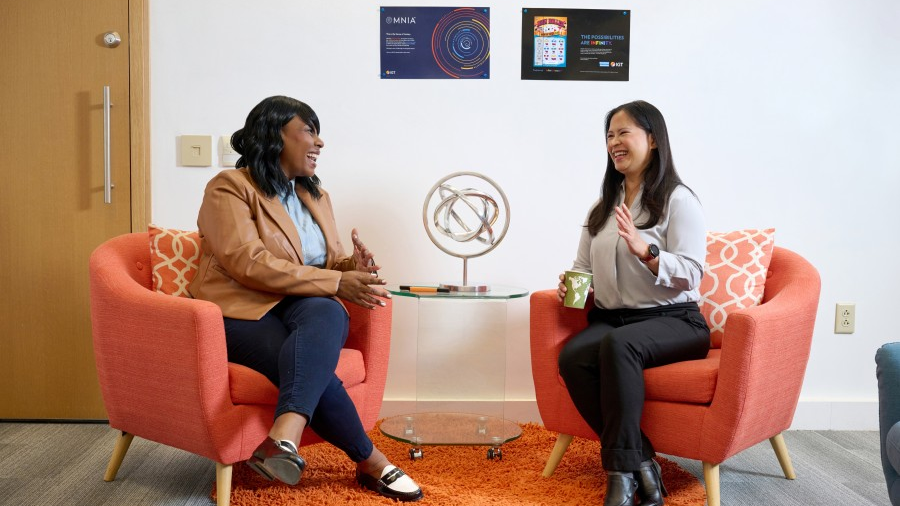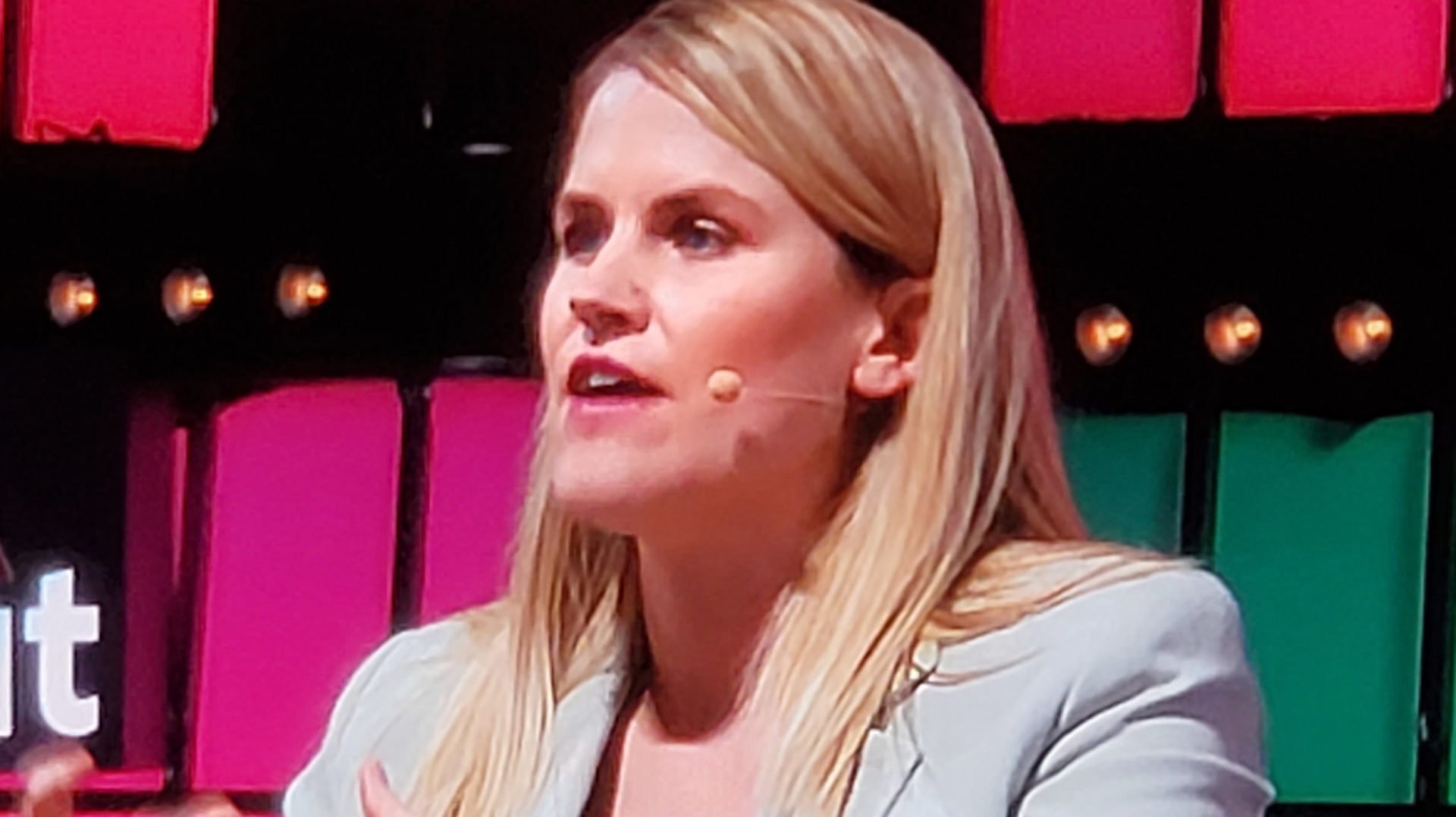 Every night around 6 p.m. Eastern Time, Michael Lazerow eats dinner with his family. Usually this means sitting down in his New York City apartment with his wife and three children. But sometimes, when he is traveling for business, he sits on the table instead of in a chair.
Every night around 6 p.m. Eastern Time, Michael Lazerow eats dinner with his family. Usually this means sitting down in his New York City apartment with his wife and three children. But sometimes, when he is traveling for business, he sits on the table instead of in a chair.
“It’s easy just to open up a computer and put me on the dinner table,” says Lazerow of his standing Skype appointment to join his family for dinner while he’s on the road. “It’s not as great as being there, but it’s better than email or talking on the phone.”
Lazerow is busy these days. Buddy Media, which he founded in 2007, was acquired in August by salesforce.com. He is now Chief Marketing Officer of the new Salesforce Marketing Cloud.
Lazerow says he relishes the ability to harness technology to stay in touch with his family, whether he’s on another continent or just a few blocks away. His family is among millions around the world who rely on standard mobile and Internet devices to communicate. But the Lazerows take virtual family bonding to a new level.
Along with daily texts and emails, Lazerow uses Skype and mobile apps to stay connected with his wife and kids. He and his wife have programmed Skype on the family computer to answer automatically so they can easily check in on their children when traveling. This summer Lazerow started using a new postcard phone app, Postagram, to turn mobile pictures into old-school postcards to mail to his kids at camp.
Even simple memories are made with the help of technology. Last month, Lazerow made a last-minute decision to take his son to a Yankees game, and each step of the process was completed via mobile device, from finding out about the game, to purchasing tickets, to ordering a car. The experience was even documented and uploaded to Facebook in real-time. “At the game I captured the moment, which he’ll always have,” Lazerow says. “You don’t want to be the dad that your kids don’t know. At least now, you’re like a constant presence even if you’re not there. And so you kind of just want to be involved in your kids’ lives, and I think that those touches every day are what builds a better relationship. It’s not just about ‘Hey, let’s go to the Yankees game,’ and the big gestures; it’s about the day-to-day. Are you in their life, did you know that they got a trophy, or that they were here or there?”
But technology is a double-edged sword, Lazerow acknowledges. He says it’s all about finding balance. While technology can help create a family memory, it can often be distracting, inefficient, and cold—especially email.
“Seeing someone, getting a card in the mail—these are great ways to connect,” says Lazerow. “Email and text are more efficient, but also more of a utility. There is not a lot of emotion in texting or Twitter or email.”
Lazerow is not a fan of email. His automated response warns senders he might not have time to respond. While I’m talking to him, he checks his phone to see how many emails have piled up—it’s only 11:15 a.m. “I have 525 unread right now,” he says. “Unread. So I haven’t even looked at them.”
But it’s not email itself that irks Lazerow; it’s how humans use it. “It’s like the debate: Does a gun kill, or does a person kill?” he says. “People pull the trigger, but guns are pretty bad. You get rid of the guns, you get rid of some of the problems.” This guy really dislikes email, clearly.
Even Lazerow—the founder of a software services company—forces himself to enjoy the occasional logged off afternoon. It’s refreshing, he says, to spend a weekend relaxing without the distraction of email. “It’s hard sometimes, but you almost have to treat your phone like you are a police officer, and it’s your gun when you get home,” Lazerow says. He and his wife try their best to keep their phones in an actual physical box they keep by the door, until the kids go to bed. “You put it away,” he says. “Because if it’s in your pocket, it’s coming out. You don’t want to miss out, right?”
Being mindful about how to use tech to stay connected, and when to turn it off, can liberate moments of genuine, sometimes unexpected connection, believes Lazerow, both virtually and in person. But, he finds these moments all too fleeting. Even with phones turned off and tucked away, the emails still wait. “Then you realize you have a thousand unread emails, and you’re like, aw, I gotta go back.”
Buddy Media’s Lazerow on Personal Technology and its Limits
Every night around 6 p.m. Eastern Time, Michael Lazerow eats dinner with his family. Usually this means sitting down in his New York City apartment with his wife and three children. But sometimes, when the Buddy Media CEO is traveling for business, he sits on the table instead of in a chair.















